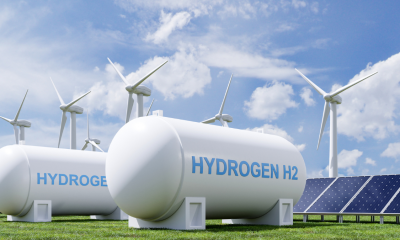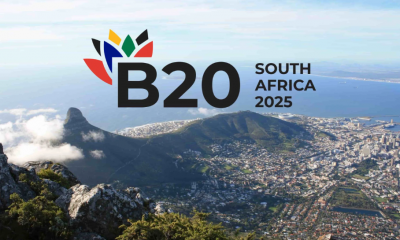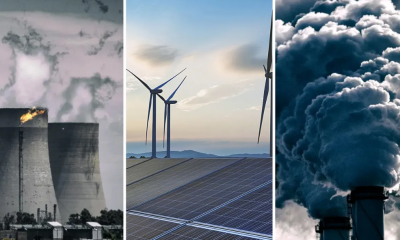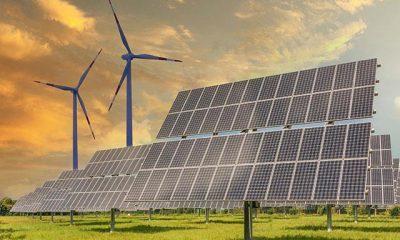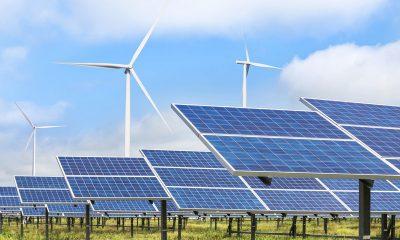411
New Electricity Laws Set to Transform South Africa’s Energy Landscape Starting January 2025
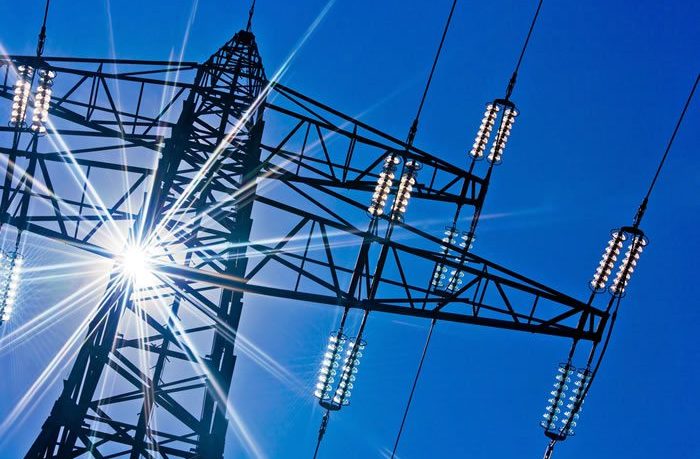
In a major step towards transforming South Africa’s energy sector, the Department of Energy has announced that the Electricity Regulation Amendment Act will officially come into effect on 1 January 2025. Signed into law by President Cyril Ramaphosa in August, these regulations mark a pivotal moment for the country’s electricity landscape and aim to address longstanding issues like load shedding and inefficient energy practices.
The Electricity Regulation Amendment Act introduces several crucial changes to South Africa’s energy system, including the establishment of the Transmission System Operator (TSO). This independent entity, to be set up within five years, will oversee electricity transmission. Until then, the National Transmission Company of South Africa will assume this role.
One of the Act’s most notable features is the introduction of an open market platform that will allow for competitive buying and selling of electricity. This is expected to level the playing field between Eskom and independent electricity producers, fostering a more dynamic and efficient market. The Act also provides for the development of a Market Code, which will lay out the rules governing this future competitive electricity market.
The new law brings clarity on how prices, charges, and tariffs will be set and approved. The National Energy Regulator of South Africa (NERSA) will ensure that electricity prices remain fair while incentivizing efficiency in the industry. The law also emphasizes that the system operator must treat all electricity generators fairly and without favoritism, promoting a competitive environment.
In addition, the Act allows NERSA to approve tariffs that are based on supply agreements or market outcomes, providing a more flexible approach to pricing that reflects the evolving nature of South Africa’s energy market.
One of the broader goals of the new regulations is to promote renewable energy. By fostering competition and encouraging the uptake of clean energy sources, the government aims to reduce reliance on fossil fuels and modernize the energy system. This shift is expected to create new industrial opportunities and mitigate unemployment by driving demand for innovation and skilled labor in the energy sector.
The new laws also address the protection of South Africa’s electricity infrastructure, which has been a major target for criminals. The Act includes strict penalties for those who damage, destroy, or steal transmission, distribution, or reticulation equipment, with fines of up to R5 million or up to 10 years in prison for offenders.
The overarching goal of the Electricity Regulation Amendment Act is to ensure long-term energy security for South Africa. With a more competitive energy system, greater integration of renewable energy, and improved infrastructure management, the law aims to stabilize the country’s power supply, reduce the occurrence of load shedding, and ultimately lower electricity prices for consumers.
As South Africa embarks on this transformative journey, the new electricity laws represent a crucial step toward modernizing the energy sector and securing a brighter, more sustainable energy future for all South Africans.
Follow Joburg ETC on Facebook, Twitter and Instagram
For more News in Johannesburg, visit joburgetc.com

